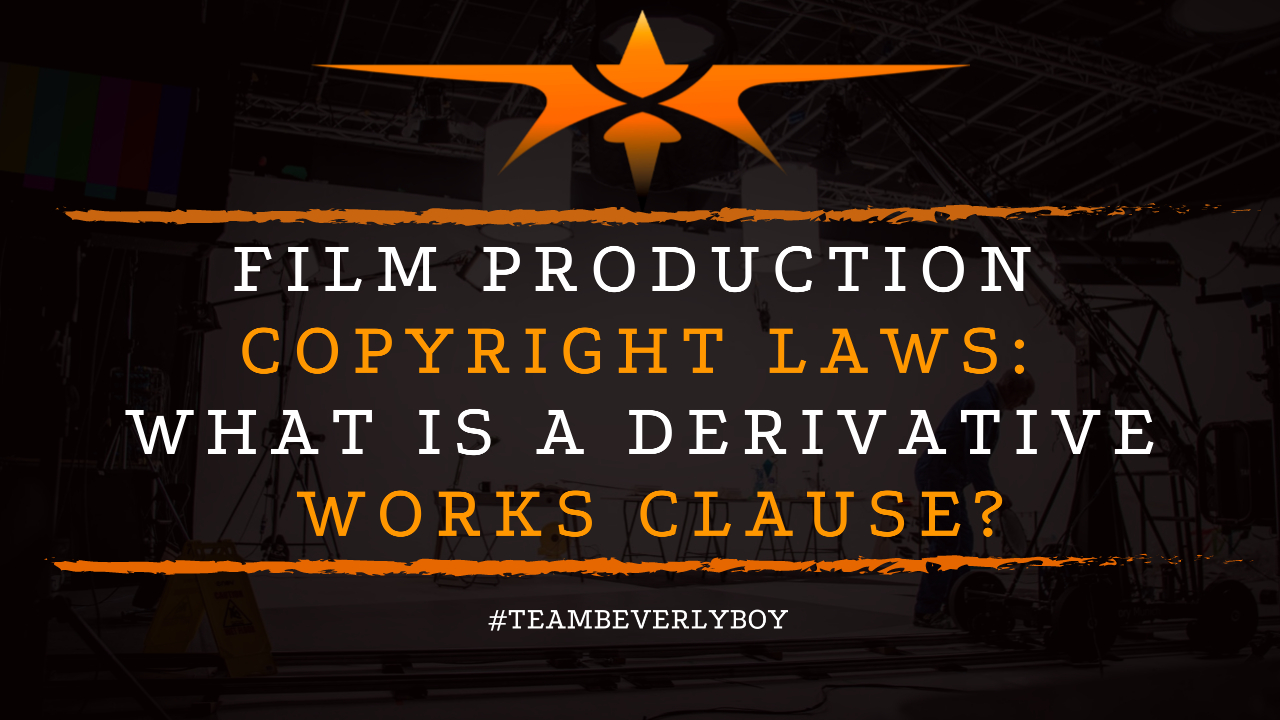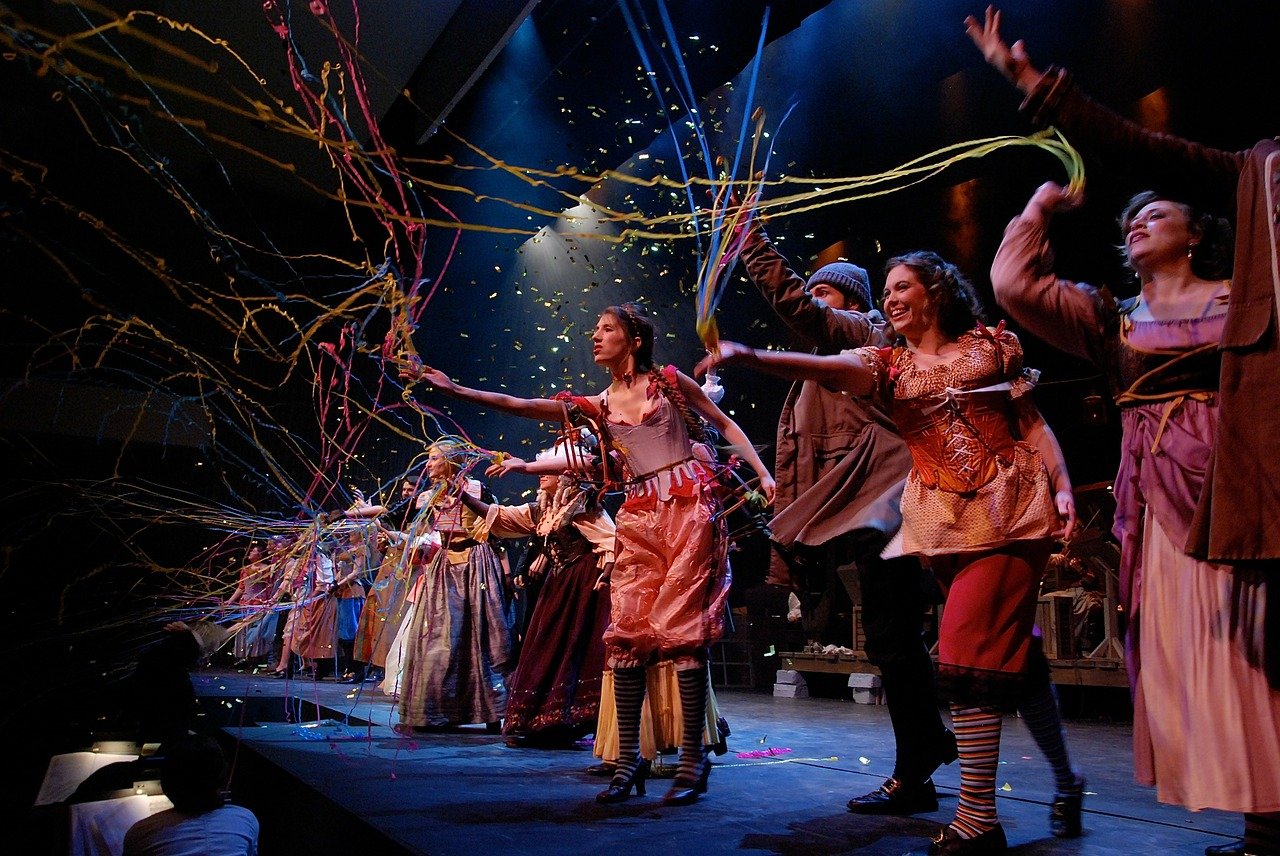
Film Production Copyright Laws: What is a Derivative Works Clause?
As a filmmaker, you’re bound to draw creative inspiration from other films. And from other works such as past novels which you’ve read or stories that you’ve heard. Inspiration can actually come from a variety of sources. Including past characters you found to be relatable, or any host of other copyrighted works! But depending on how much inspiration you draw from the past work, and whether you’ve actually produced a derivative work, there is potential to infringe on someone’s copyright unless you obtain authorization under a derivative works clause.

What is a Derivative Works Clause?
A derivative works clause represents an element of Copyright law granted by the copyright owner to another individual or entity to prepare derivative works of copyrighted material.
It basically grants the other party permission to prepare a derivative work of the original copyrighted work. And, in doing so, may also call for additional copyright protection of the new material.
What Constitutes Derivative Works?
So, if you know that a derivative works clause provides permission for you to create a derivative work of previously copyrighted material, you must be wondering then…What constitutes a derivative work?
A derivative work represents a new version of copyrighted material that is based off of preexisting work. For example, an adaptation from book to film would be a derivative work. As would be the translation of a film into another language.
Additionally, derivative works may include the following:
- Films that are based on a play.
- Film adaptations of existing musicals
- Musical arrangements of preexisting music.
- Song recordings that are mixed with another already existing song.
- Fan fiction style content.
- The use of characters from a preexisting work in a new work, like a sequel.
In order to consider derivative works, the new work must also use a substantial amount of preexisting work. This is according to U.S. Copyright laws. But what does substantial mean?
It means that the derivative work must use enough of the preexisting material that the average person would know that the derivative work has been adapted from the original, pre existing work.
Copyright Owners Own Derivative Works Rights
Under the derivative works clause, the original copyright owners have protected their content and rightfully own any derivative works rights to the content.
This means that if you would like to create a film that represents an adaptation from a book. You’ll have to connect with the original copyright owner for the book, and seek permission to produce derivative work.
Your decision to create a derivative work without permission from the copyright owner represents an unauthorized derivative work, which typically also represents copyright infringement.
In Summation
Obtaining a license to create a derivative work from the original copyright owner is important. In doing so, you’ll legally be able to produce a derivative work, which will protect you from any potential lawsuits for copyright infringement.
So, what is the derivative works clause? It’s a section of U.S. copyright law which protects the rights of copyright owners to protect their work, including derivative works of tangible media.



